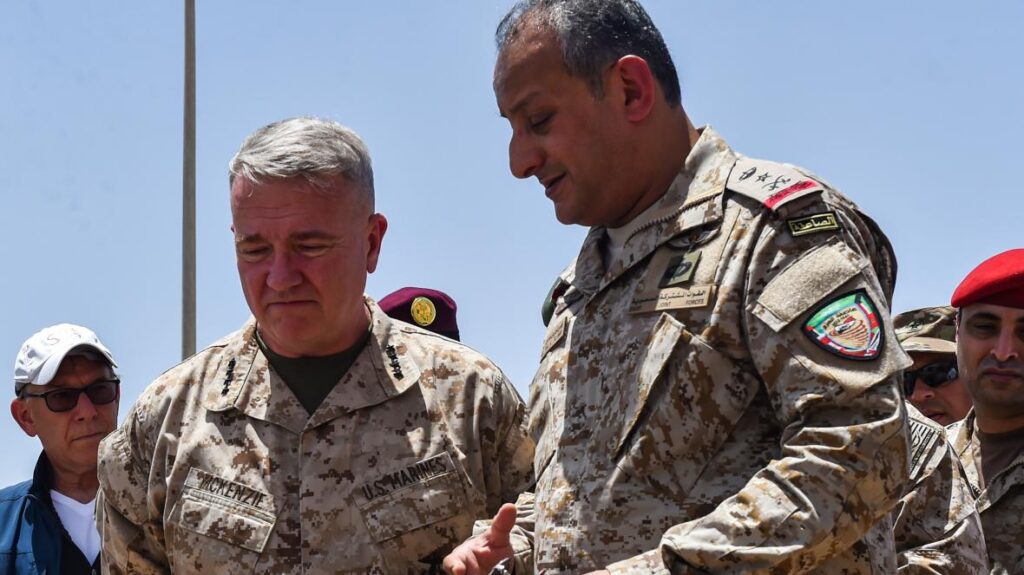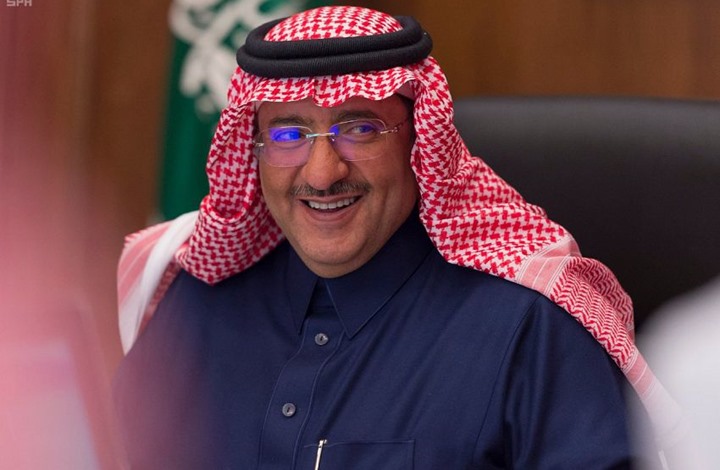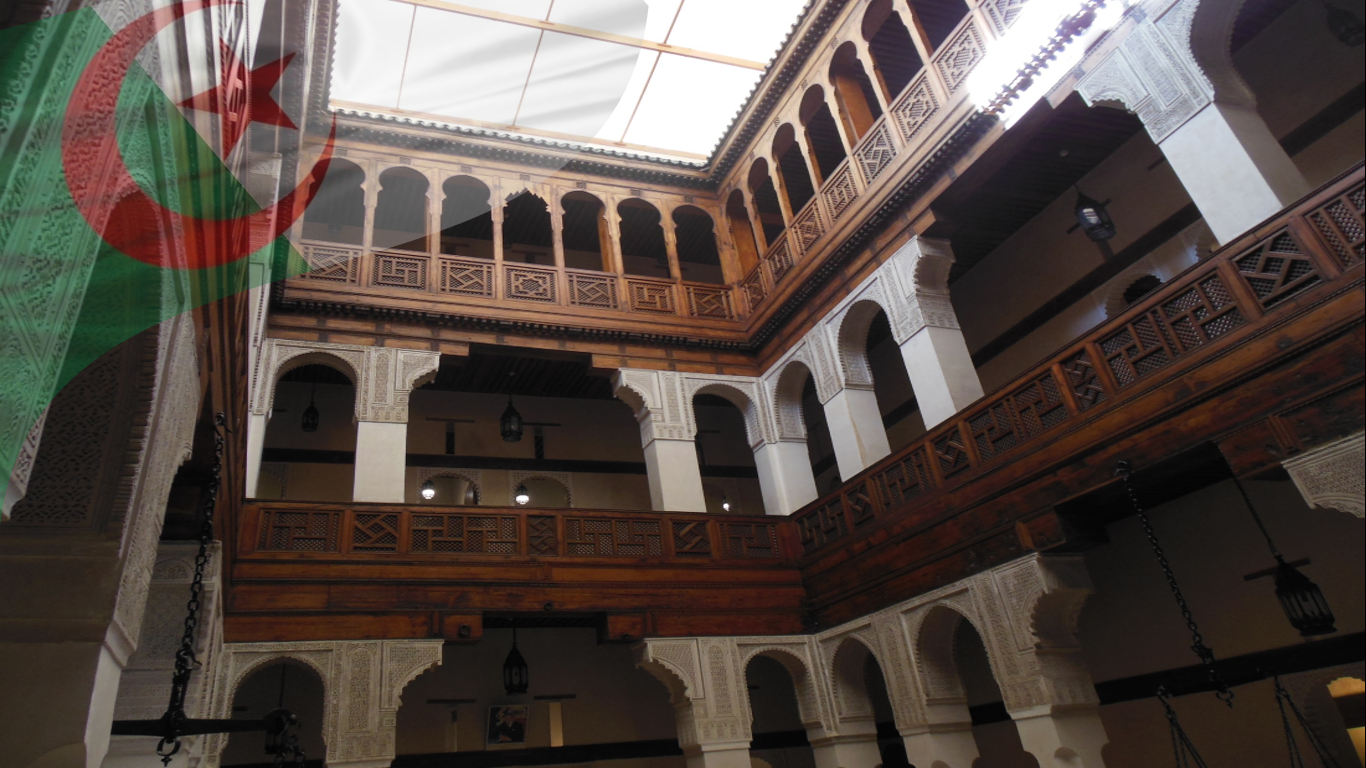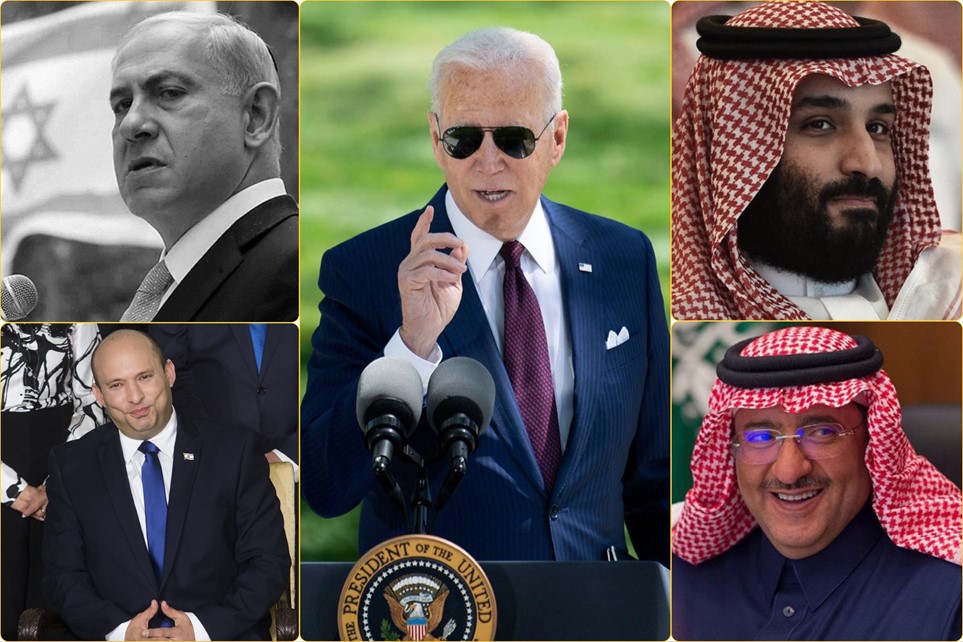Indeed the relatively brief period since the Biden administration took over brought many changes in the American foreign policy. While this is true overall, very few regions show such unmistakable signs, as the Middle East.
Possibly the most obvious sign of these re-evaluated policies is how Washington deals with Iran. Here we should not only think about the efforts taken to resuscitate the JCPOA in the Vienna talks, though this is the main issue, but also how American policy changed tone about Iran is general. The recent presidential elections triggered very mild reactions by the Biden administration despite the numerous media assessments that Tehran is on the way to once again take a radical, hard-liner turn by electing a deeply conservative president with Ebrāhīm Ra’īsī. Though it would worth evaluating how much this category fits President Ra’īsī at all, it is indeed significant that Washington did not change position by this change in Tehran and the negotiations are going well. So much so that these talks, which are in essence indirect American-Iranian negotiations, are close to a success and the reenactment of the JCPOA became within reach with almost all sanctions against Iran lifted.
Naturally this policy was a pivotal matter for the Biden administration. That much so that this effected policy with the most valued American allies in the region, who were the most adamant opposers of the JCPOA, Israel and Saudi Arabia.
We could see that Biden took a gamble on its relation with Israel choosing not to engage with Netanyahu as much as possible. And it payed off, as now there is a new government in Tel Aviv. One, with which relations can be recalibrated.
But what about Saudi Arabia? Thought the relations between Washington and Riyadh are of a very different nature, and are much less balanced, there is a similar contradiction here as with Israel before. And there are very clear signs now that Washington wants a different leadership in Riyadh, but also that this is very well understood.
Something is changing
Even before Trump lost the elections it was clear, and we have dealt with this before that Riyadh feared a policy change in Washington. Especially its de facto ruler, Crown Prince Muḥammad ibn Salmān, who was a close ally of Trump, but was heavily scorned by the mainstream American media, mostly the voices close to the Democrats. The most outrageous episode was the infamous Hāšuqğī murder case. This indeed led to the public humiliation of the Saudi leadership, when Biden made the CIA report about the case public, directly blaming the Crown Prince for the murder.
It was a very important event, as never before the White House openly attacked the ruling Saudi establishment, or connected its top officials with criminal cases. It was the first sign for what Muḥammad ibn Salmān feared the most, attempt by Washington to remove him. Yet seemingly nothing followed that step. But why is that?
It should not be forgotten that Saudi Arabia is indeed a key ally of the US, regardless of the actual people in charge on both sides. It is not a personal, but an essential key strategic bond for both sides. Therefore the relative stability of the Saudi royal establishment is a key asset for Washington, even at a time when there is a personal trouble. Conclusively a change achieved behind the curtains, a “subtle persuasion” is much more favorable. In other words the Biden administration expects Muḥammad ibn Salmān, or his father to “take the hint” and choose another line of succession.
The Saudi Crown Prince clearly understood these steps, and much of his actions can be attributed to policy of trying to secure himself. And for that he undertook a major policy change. He abandoned the completely futile blockade of Qatar, desperately tries to end its engagement in Yemen, and slowly started to move away from the “normalization” policy started and intensively promoted the the Emirates. This poisoned the previously central Riyadh-Abū Zabī alliance and recently the relations reached an all time low. Now the Emirates is also worried about the increasingly erratic Saudi behavior. Which would suggest that Abū Zabī would also not oppose a change at the top of the Saudi establishment.
The policy change by Muḥammad ibn Salmān also showed in the interior front. Though since the major crackdowns against every possible rival he has almost no competition for the throne he is still worried about coup and the arrest campaigns are not over. How serious this is came to light last week, when it was reported the Prince Fahd ibn Turkī was sentenced to death with his eldest son. Now this is significant and very telling for two reasons. First, Prince Fahd is probably the still most respected military leader within the Saudi officers corps, who until last September was leading the Saudi troops in Yemen. Meaning he was the top responsible for the military quest Muḥammad ibn Salmān started originally to establish himself as a strong leader. The adventure since then backfired several times, mostly because of political calculations, which Fahd ibn Turkī criticize. With the Saudi war effort in Yemen coming every day closer to a bitter military defeat, it was only natural to see Prince Fahd becoming the best possible candidate to lead, or at least facilitate a coup. And here comes the other curious fact. Back in September, when Prince Fahd and his eldest son were arrested the charge against them was the Crown Prince’s favorite theme, corruption. Yet now being sentenced to death the charge is coup attempt. This is the first official recognition by the Saudi authorities that there was a coup attempt within the Saudi army, or at least this was seriously feared of.

Prince Fahd ibn Turkī was never a really political person, so it was unlikely that he would be the next Crown Prince, or even king after a successful coup. The most likely candidates were King Salmān’s brother Aḥmad, and his nephew Muḥammad ibn Nāyif, the latter even serving for some time as Crown Prince. They were, however, detained long ago, and when the change in the American leadership was felt measures were taken for their execution. For whatever reason that has not yet materialize, and we shall see if indeed Prince Fahd will be executed, but the plot seems to be clear.

The matter, despite the Saudi Crown Prince’s best attempts to secure himself and to keep a low profile not to irritate Washington now, seems to be very real. Recently reports suggested that Muḥammad ibn Nāyif, the most likely candidate for an American attempt to change the Saudi leadership was systematically tortured and made unfit to ever take over the country. Yet it was also reported in the same context that the Biden administration put considerable pressure on Saudi leadership to improve his conditions. These reports and the tone they take in the some of the most important news outlets also suggest a pattern, when moves are taken to “save” the former Crown Prince.
Once that happens, if indeed ever, will accelerate the downfall of the Muḥammad ibn Salmān, and the current Saudi leadership under his command. That is because Muḥammad ibn Nāyif is an ideal candidate for an American motivated soft coup. Unlike his cousin the current Crown Prince, he has considerable government experience serving as Minister of Interior and director of the intelligence before. In the latter, he had a particularly close relation with the Americans. This is also significant, because there is another key player, who could help in this alleged coup, a certain Sa‘ad al-Ğabrī. A former Saudi intelligence officer now living in Canada, who was once Muḥammad ibn Nāyif’s right hand man, and whom we mentioned before in December.
Whether there is an ongoing project by Washington to achieve a soft coup in Saudi Arabia, or not is not easy to know. But there should be no mistake that these news, recent developments and the change of tone with the enthusiasm by the American press for sidelined Saudi princes are not by coincidence.
A very bad omen
Beyond these indications what was probably a sobering development recently for Muḥammad ibn Salmān is how Biden dealt with the other key ally in the region, Netanyahu. Him, just like Muḥammad ibn Salmān was a specifically close friend of Trump and managed to stay in power with number of trick, despite his falling popularity and practically lost elections. Whatever happened, at the end Netanyahu always managed to come out victorious under any circumstances. Until Biden came. The only two key allies Biden refused to directly talk to was Netanyahu and Muḥammad ibn Salmān.
Before the last Israeli elections Biden refused to endorse Netanyahu in any indirect way by approving his policies. Even during the last campaign trick, the last war on Gaza Washington denied to show serious support, which in many ways sealed the fate of Bibi. The same ice cold policy is pursed with Riyadh now.
The new Israeli PM, Naftali Bennett is not significant different for Washington, but is much less experienced, has much less personal political allies in the West, and is unlikely to last for long. That is why now, while the nuclear negotiations with Iran go on, Tel Aviv heavily criticizes Washington and objects this path, but these voices can be disregarded. Simply, these objections don’t carry the same weight as Netanyahu’s did.
Why is that comparison significant? Back in 2015, when the JCPOA was signed there were two significant states around the world, which openly and heavily objected the nuclear deal. Israel and Saudi Arabia. Israel still objects this, though his role was weakened by the recent government change. But what about Saudi Arabia now? Not only Saudi Arabia does not object the Vienna talks between Iran and IAEA – indirectly the Americans -, but does not even have a clear opinion. In fact, Riyadh itself is in semi-official negotiations with Tehran now under Iraqi mediation. This is not because Riyadh changed its opinion about it. It is because the Saudi leadership lost much of its coherence since then, and the current establishment is keen to avoid being any source of irrigation.
What would a coup mean?
If indeed the measures against the formally ostracized Saudi princes are reversed, a change in government can happen very fast. King Salmān might appoint another Crown Prince, most likely Muḥammad ibn Nāyif, or someone very close to him. After this he could step down, which can be reasonably justified by his poor health.
With someone like Muḥammad ibn Nāyif at the helm, who is still relatively young, has experience and close personal ties to the American deep state, the erratic nature of the Saudi politics in the last decade could be reversed. Saudi Arabia would still play a pivotal role for the American policies in the region and would continue to host the most important American military bases in the region. But would regain its balancing role in the Gulf between the smaller monarchies. It is enough to keep in mind how little the Trump administration managed to deal with the blockade against Qatar, or the war on Yemen. Much of the rivalries between them could be suppressed and thus Riyadh would regain its traditional role. A role gradually lost since the so called “Arab Spring”.
With this a very loyal and even more importantly, a predictable Saudi leadership would rule. The game now is largely about Iran. Reaching a deal with Tehran and creating a balance in the region would seriously decrease the chance of an all-out regional war, which was in the air under Trump and Netanyahu. But this also about a bigger strategy, in which America losing the rivalry with China could pull much of its forces out of Middle East. Only to deploy them in other theaters. The pull-out from Afghanistan and the similar indications about Iraq are already showing this. This reduced involvement would not mean, of course, America abandoning the region, not even being passive in it. But it would mean a more indirect involvement. A rule behind the curtains largely based on local allies, who don’t primarily seek their own interests, but those of Washington.
That is the role Saudi Arabia always played, expect a brief period in the ‘70s. The role, to which Muḥammad ibn Salmān proved to be unsuited.


